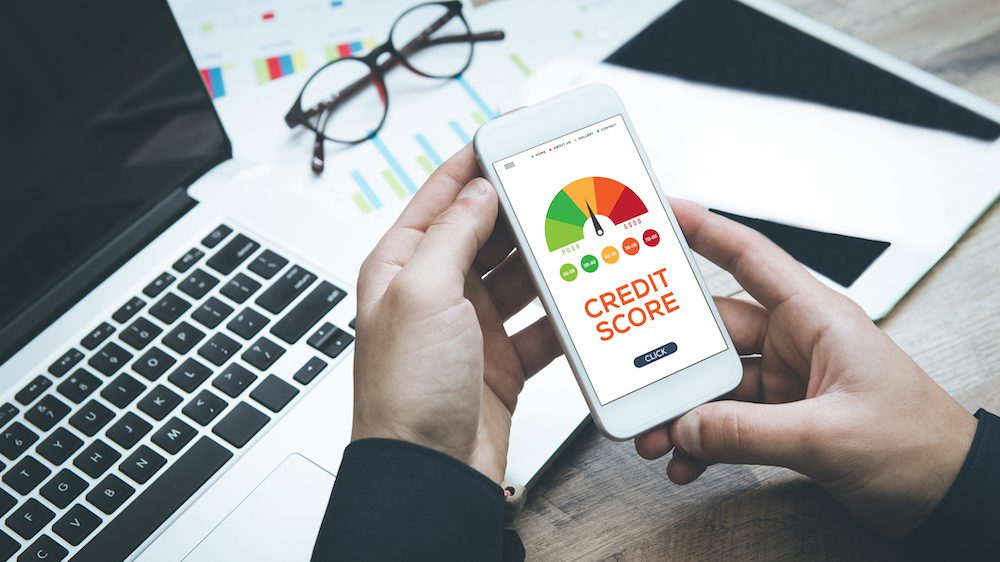5 Telltale Signs That You May Not Be Ready To Buy a Home

5 Telltale Signs That You May Not Be Ready To Buy a Home.
While you might be mentally ready to buy a home, your financial situation might tell a different story and will indicate if you’re ready to buy a house.

cnythzl/Getty Images
If the dream of owning a home is on your bucket list, you’ve likely combed through listings, narrowed down your home preferences, and even attended a few open houses. But while you might be mentally ready to buy a home, your financial situation might tell a different story.
“Renters who are ready for homeownership should have their financial house in order before contemplating a purchase,” says Ben Creamer, co-founder and managing broker of Downtown Realty Company in Chicago. “I tell my clients to approach buying a home as they would for their job—it requires planning, diligence, and structure to be successful.”
There are a number of monetary factors that can rule you in—or out—as a viable candidate for a mortgage. Here are some signs you’re not ready to be a homeowner.
1. Crummy credit score
Those three little numbers, which are based on your history of financial stability and how responsible you are with your credit, play a big role in the mortgage process.
“A low credit score will directly impact your ability to get a mortgage loan for a home, because it shows that you have not been responsible with managing and paying down consumer debt,” says Creamer.
He says a score that’s basement-level low—typically anything below 500—means a prospective buyer will likely not qualify for a home loan of any kind. If a credit score is low enough to flag the buyer as a credit risk, a loan may be approved but the terms will be more costly (e.g., having to pay more in loan origination points, a higher cash down payment, a higher interest rate, or all of the above).
“In the end, if you can’t manage consumer debt, you’re not ready for mortgage debt,” says Creamer.
On the other hand, having a high credit score (typically above 740) significantly improves your chances of receiving your loan’s lowest possible interest rate, says Lauren Brown, a real estate agent at Keller Williams Realty in San Diego.
“This way you can save thousands of dollars over the life of your loan,” she says.
2. Patchy job history
Lenders want to see a stable job history, so switching jobs every year or so might not look great.
“Job stability is vital to pre-qualifying for a loan to purchase a home. Most lenders require not only proof of employment but also ask for up to 12 months of financial statements to ensure you are qualified to take on a mortgage,” says Brown.
Creamer says a home purchase is not something that should be done on a whim, since the buyer is responsible for the mortgage payment every month for the next 30 years.
“Banks want to see a steady, uninterrupted stream of income from a borrower. A prospective buyer who can’t commit to a job might want to rethink committing to a 30-year mortgage payment,” says Creamer.
___
Watch: 5 Things First-Time Home Buyers Must Know
___
3. Not enough money saved for a down payment
If you’re looking to buy a home, you should have saved and built a nest egg that can cover a down payment and any unforeseen expenses that may come up during the purchasing process.
“It’d be wise to save enough to cover at least a 20% down payment,” says Brown. This amount is typically recommended since it means the lender won’t require you to also pay for private mortgage insurance.
Of course, 20% down is not always realistic for most buyers. In fact, the average down payment in January 2020 was just 11.4%, according to real estate data firm Optimal Blue. That’s why, at the beginning of your home search, you should find an experienced real estate agent or lender that can give you a realistic picture of how much house you can afford and how much of a down payment you’ll need.
4. You can’t get a favorable loan
When shopping for loans you’ll become quite familiar with mortgage interest rates, aka the extra fee you pay your lender (based on your total loan amount) for loaning you the cash you need to buy a home.
Your financial situation determines the type of rates you qualify for, as well as the upfront fees you may have to pay. But if you’re not pleased with the terms of your mortgage, you shouldn’t move forward with the purchase.
“A higher percentage interest rate may not seem like a big deal, but it actually translates to tens or maybe even hundreds of thousands of dollars over the course of the loan. It’s better to hold off on buying until you can secure a more favorable loan,” says Creamer.
Brown advises speaking with your lender about developing a course of action to improve the terms of your loan.
5. Too much debt
Someone who is drowning in debt should tread carefully before juggling a home mortgage loan.
“If you haven’t managed your consumer debt wisely, you’re not ready to take on a sizable mortgage debt,” says Creamer.
Brown says in a lender’s eyes, you probably can’t afford to add a mortgage payment to your budget if your other bills eat up 50% of your monthly income. She says it would be best to pay off any debts before purchasing a home.
The post 5 Telltale Signs That You May Not Be Ready To Buy a Home appeared first on Real Estate News & Insights | realtor.com®.
